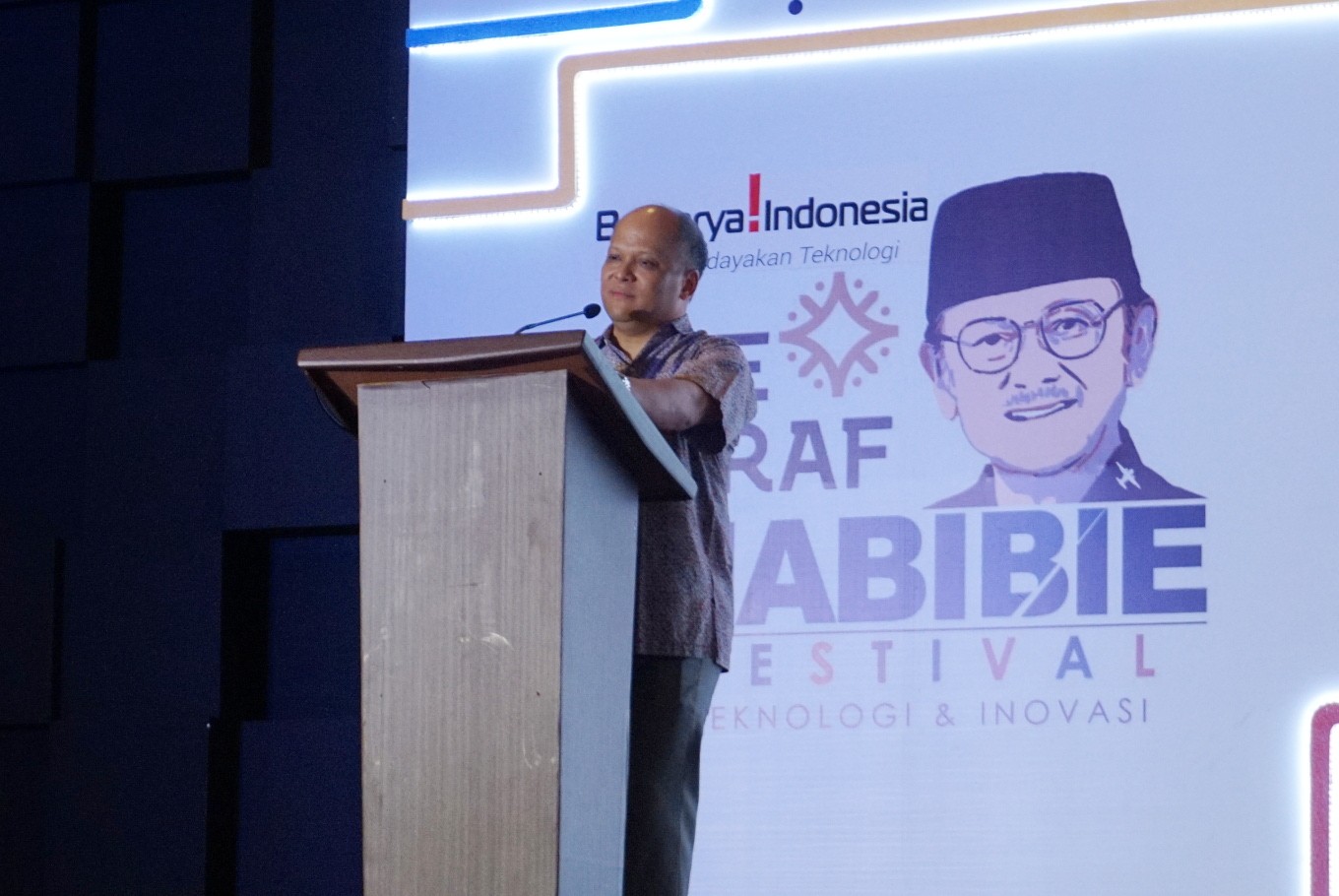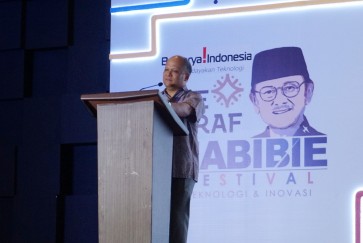Popular Reads
Top Results
Can't find what you're looking for?
View all search resultsPopular Reads
Top Results
Can't find what you're looking for?
View all search resultsEnvisioning Habibie 4.0: Egalitarian approach to digital economy
Indeed, Ilham A. Habibie is pursuing a more egalitarian approach to the digital economy by bringing digital empowerment to the bottom rung of society. In doing so, he may indeed bring his father’s modus operandi into the digital age.
Change text size
Gift Premium Articles
to Anyone
I
n one of his first public acts following the death of his father, Ilham A. Habibie, the eldest son of the late former president BJ Habibie, took action by convening Indonesia’s top information and communications technology (ICT) stakeholders of business and government at a seminar recently. Acting in his role as director of the National ICT Council (Wantiknas), he presented a plan for a path for the nation’s digitalization.
He won immediate support of big state-owned enterprises (Telkom, BRI and PLN), big tech companies (Facebook, Huawei, Google), a bunch of national ministries; emergent start-ups (Tokopedia, Bukalapak, Gojek, Grab).
Acting in a cooperative atmosphere established in the aftermath of his father’s passing, he is activating their participation in a Meaningful Broadband Working Group. Mixing public and private investment, it aims to bring rapid digital transformation to 30 million of the nation’s poorest and most isolated Indonesian citizens.
Calling for an “equitable digital economy”, Ilham’s plan represents an alternative to the top-down Industry 4.0 notions currently in vogue in Jakarta. At a time when the business elite along Jl. Sudirman is intent on using emergent technologies to streamline their supply chains, this plan aims to bring many of the same Industry 4.0 notions to citizens and locations not served by the internet.
As part of the plan, he announced a methodology for financial innovation, called USO X 8 which proposes that the Universal Services Obligation (USO) fund, estimated at US$200 million per year, could produce an eight-fold financial multiplier impact, yielding $1.6 billion a year. This fund would support Meaningful Broadband Ecosystem. Eight trial regencies will soon pilot the project.
Meaningful Broadband is hardly a brand-new concept. Indeed, I have been Ilham’s partner in advancing this notion since 2004. In that year, as a professor of Technology Policy at Harvard University’s Kennedy School of Government, I sought a large developing nation that could serve as “proof of concept” for a plan to close the digital divide. And I knew I needed a well-connected champion for this notion, someone who was business-savvy but not tied to telecommunications investment. Ilham was the right person.
Since that year, with Ilham leading the way, Meaningful Broadband has evolved step-by-step into a testable model. The anchor for the Meaningful Broadband Ecosystem is a $1.4 billion satellite program funded USO managed by Bakti Kominfo, it is specifically designed to bring the internet to all unserved locations.


















